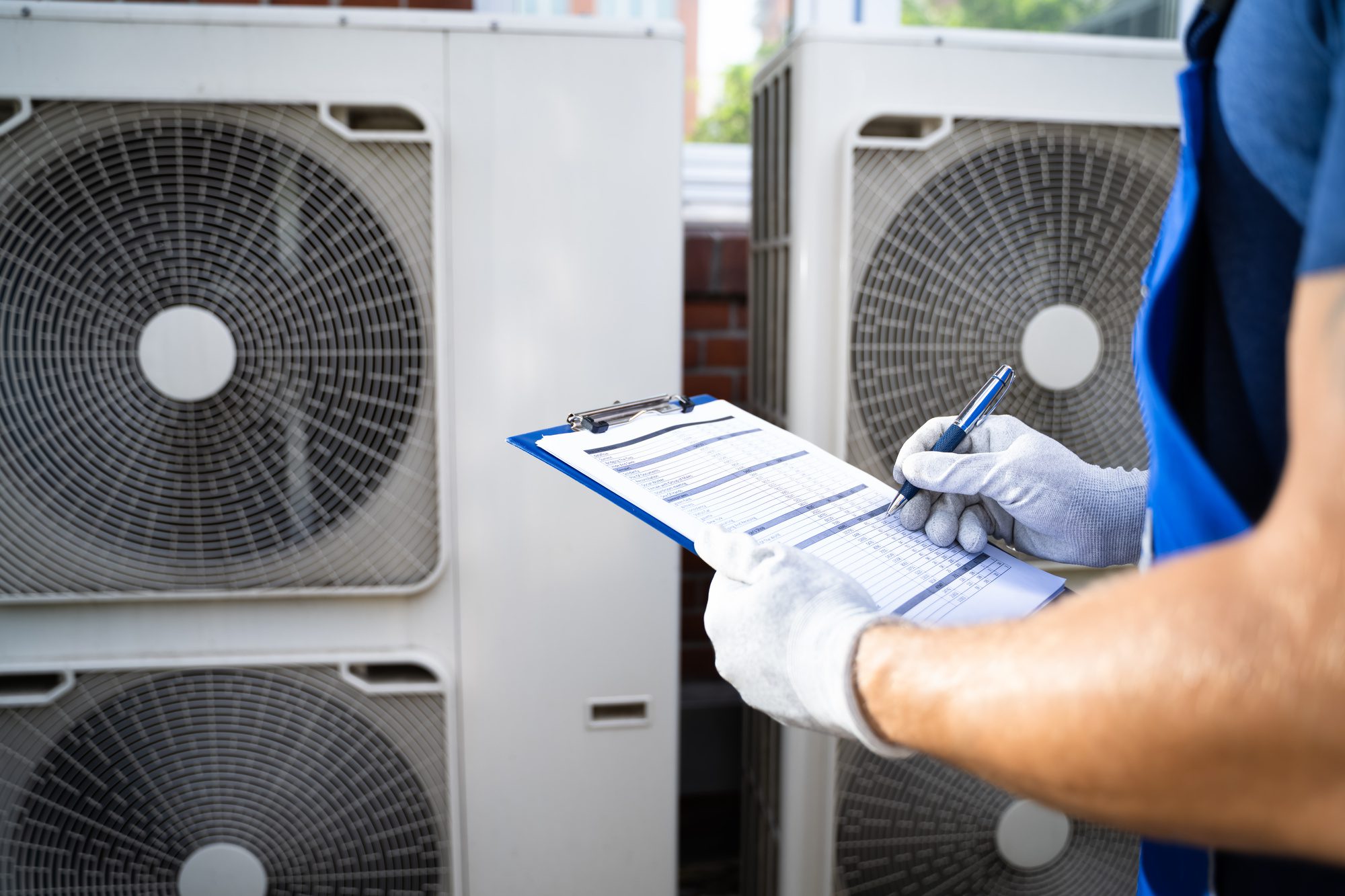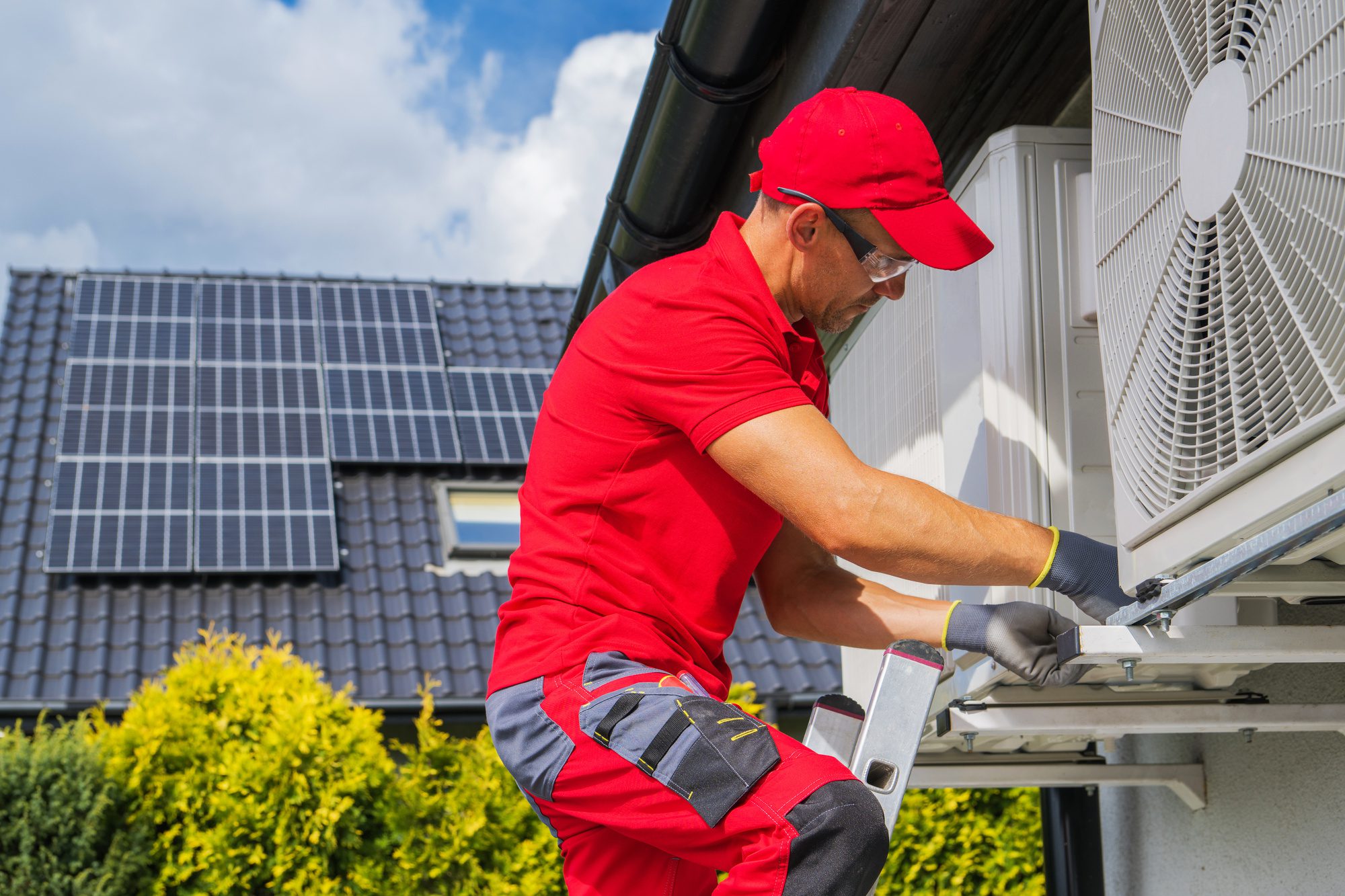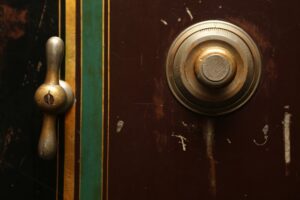Can you imagine your home without an HVAC unit? As one of the most critical systems in your home, your HVAC system helps regulate indoor temperature. Keeping you cool during summer and warm during winter while providing improved air ventilation and filtration, your HVAC system ensures that you and your family stay comfortable all year round.
Due to its significant role in your home, envypropertymanagement.com recommends regular HVAC maintenance because it is critical to extend its lifespan and avoid costly repairs and inconvenience. To get you started, here are some of the best practices and tips to help maintain your HVAC system.
Table of Contents
1. Schedule Professional Maintenance
While you can inspect and do routine maintenance on your HVAC system, you want to hire an expert to do a comprehensive assessment and professional servicing at least twice a year. The big difference between DIY and professional maintenance is that you can ensure your unit is properly checked for even the smallest potential issues, preventing bigger and costlier problems in the long run.
With DIY, you’re limited to what you can inspect since you don’t have the proper tools to do a deeper checkup. Meanwhile, the professionals are equipped with commercial-grade cleaning and inspection tools to check the unit and its parts, particularly the hidden network of air ducts.
Learning how to clean coils and other accessible parts is essential. However, the professionals can handle full servicing for all wirings, refrigerant levels, thermostat calibration, fluid lubrication, and most routine steps that homeowners often forget or don’t know anything about.
Experts suggest you call the experts during early spring to service your AC and later summer or early fall to maintain the furnace. This ensures that your HVAC system is optimized when it’s time to switch systems.
2. Ensure Prompt Repairs
Regardless of your HVAC brand’s reliability, all systems are prone to wear and damage. If your HVAC unit suddenly breaks down or performs poorly, you must have it inspected and repaired immediately.
Generally, you can do basic troubleshooting for an issue. You can check the unit’s manual or the internet for resources. After all, some problems are pretty straightforward, like a clogged air filter. However, if it doesn’t do anything to improve your HVAC system’s performance or it requires complex repairs, make sure to call an HVAC professional right away.
DIY repair on major issues poses safety risks, including fire accidents, bodily injury, and electrocution. If you’re not careful, you can also cause carbon monoxide leaking or exposure to freon. If you don’t know anything about your HVAC system, going the DIY route may also cause more damage to your unit.
So, to save money and time, call the professionals to repair your HVAC system promptly.
3. Air Filter Cleaning Or Replacement
Speaking of air filters, this is probably the easiest way to help maintain your HVAC unit. Filter cleaning or maintenance is often included in your professional preventive maintenance routine. However, it’s mainly your responsibility since it should be done more frequently.
From its name, the air filter collects dust, dirt, and other pollutants from the air, preventing these particles from being re-circulated throughout your home. In short, it helps clean the indoor air and ensures your family breathes easier.
Due to its purpose, filters tend to get really dirty. And a dirty filter can significantly reduce your HVAC unit’s performance. The accumulated debris and dust can cause blockages in the air duct, which reduces airflow and overwork the fan. A dirty filter can reduce your HVAC’s efficiency if left for longer. It also allows trapped dirt to be re-circulated into the air, causing poor indoor air quality.
Thus, you want to keep the filters clean. Most HVAC units are equipped with disposable filters that need to be replaced for a specific period, often three months. Some have reusable filters that only require regular cleaning. Check the filters monthly, especially if smokers are in your home or after a home renovation. If the filters are filthy, replace or clean them right away.

4. Keep Up With Home Insulation
Home insulation is critical to your HVAC unit’s overall efficiency and performance. Poor insulation and air leaks can strain your HVAC system, pushing it to work more to maintain comfortable temperatures in your home. This increases your energy bills while decreasing your system’s integrity.
So, by upgrading your home insulation, you can also ensure better care for your HVAC unit. Generally, you want to focus on problematic areas such as the attic or basement. Check your windows and doors for gaps that allow air drafts and seal them immediately.
5. Clean the Surrounding Area
Your HVAC system features an indoor unit that regulates the temperature inside and an outdoor unit (also known as a condenser) that releases collected indoor air and heat. Most homeowners overlook these units, but adding them to your maintenance routine is critical.
Generally, you want to clean the surrounding area of these units. You want to remove clutter sitting around and crowding the indoor unit. This helps reduce the surface area that can collect dust and dirt. Removing fallen leaves, twigs, weeds, and other debris around the unit is essential for the condenser. This ensures better airflow around the unit and prevents pests from making it their home.
6. Switch To Auto Fan Mode
The HVAC fan is an essential element that helps keep your home cool or warm. The fan also helps improve air quality by removing more dust and debris from the air. However, an always-on fan can take a toll on your HVAC unit.
As such, you want to use the auto fan mode, which sets the fan to run only when the unit actively heats or cools your home. This saves your unit from unnecessary strain, allowing you to maintain its integrity and maximize its lifespan.
Takeaway
Your home’s HVAC unit is only as effective as how much time and effort you put into caring for and maintaining it. Without proper maintenance and repairs, HVAC inefficiencies can quickly add up and strain your budget while causing major inconvenience for the whole family.
So, keep up with HVAC maintenance best practices, allowing you to maximize its lifespan while providing higher efficiency for years to come.




